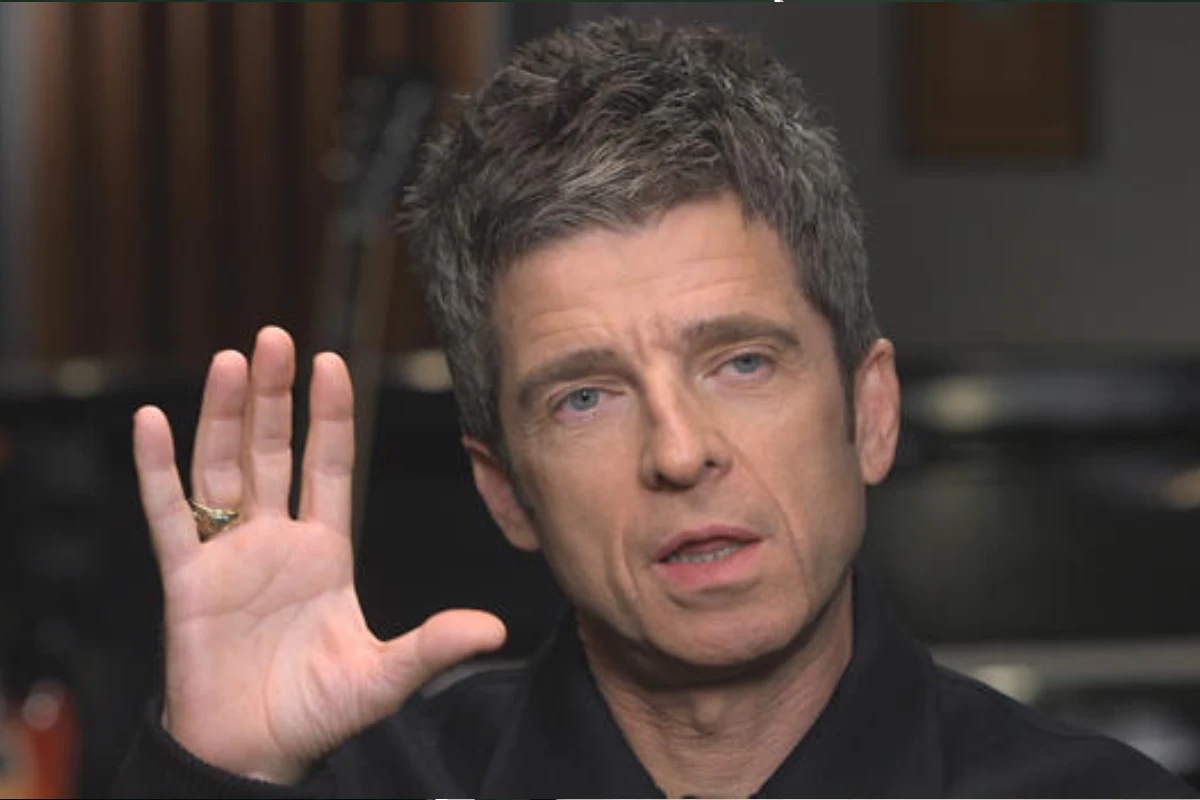Blues music is the foundation of rock and roll. Even the psychedelic sounds of the 1960s, which felt groundbreaking at the time, were rooted in the blues traditions that came decades earlier. For most rock guitarists of that era, the blues wasn’t just an influence—it was everything. But for Jeff Beck, it wasn’t enough.
Beck was one of the defining guitarists of the 1960s, a key figure in Britain’s rock explosion. His work with The Yardbirds helped push guitar-driven music into wild new territory, blending blues with jazz, soul, and psychedelia in ways few others dared. Tracks like ‘Heart Full of Soul’ became touchstones of the era’s experimental sound. Yet despite his deep appreciation for the blues, Beck never quite fit into the mold of a traditional blues player.
His peers—Keith Richards, Eric Clapton, and Jimmy Page—achieved massive success by fully embracing blues rock. It would have been easy for Beck to follow the same path. But as it turned out, he wasn’t meant to be a blues guitarist—and two legendary musicians made sure he knew it.
By 1969, Beck was growing frustrated with his band, The Jeff Beck Group. Even with Rod Stewart on vocals, something wasn’t clicking. He wasn’t happy with their musical direction, and, as he later admitted, he was at a breaking point. “It was pretty rough, I must say,” Beck told Guitar World in 2009. “A pretty grim time, with no one to talk to about it except Jimi himself. It was almost the end of my career. I probably would have packed up if he hadn’t spoken.”
That “Jimi” was, of course, Jimi Hendrix—one of Beck’s closest musical friends. Hendrix had a blunt piece of advice for him: stop playing the blues. “I used to say, ‘Jim, what the fuck?’ And he said, ‘Man, you know when you play blues, it’s as boring as a monkey. Your next step should be to take the electro stuff further. Experiment. That’s what I respect about you. That’s your thing. Don’t try to play the blues.’”
Beck took those words to heart, and it wasn’t long before another guitar hero reinforced the idea. Eric Clapton, who had built his career on blues, told Beck the same thing—but in his own way. “Eric as well,” Beck recalled. “He said, ‘Don’t mess with my music.’ So, I forgot about the blues… with a few notable exceptions.”
That moment of clarity freed Beck to pursue something greater. While his contemporaries continued to dominate blues-based rock, he carved out a different path. His solo career saw him embrace jazz fusion, progressive rock, and electronic experimentation, leading to some of the most innovative guitar work of all time.
Had it not been for Hendrix and Clapton’s words, Beck might have kept chasing a sound that never truly suited him. Instead, he left his blues rut behind—and became one of the most boundary-pushing guitarists in history.







